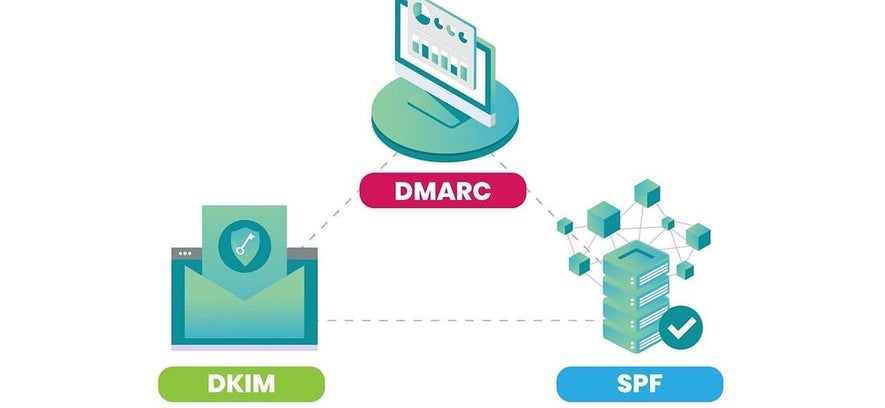
At Usercompute, we understand that email is the lifeblood of modern business communication. However, it’s also a prime target for cyber threats like phishing, spoofing, and unauthorised access. Implementing advanced email security measures is crucial to protect your organisation from these risks.
🛡️ Why Email Security Hardening Matters
Cybercriminals often exploit email as a vector for attacks, leading to data breaches, financial losses, and reputational damage. By hardening your email security, you can:
-
Prevent Phishing & Spoofing: Safeguard against deceptive emails that impersonate trusted sources.
-
Ensure Data Integrity: Protect sensitive information from unauthorised access or tampering.
-
Enhance Trust & Compliance: Demonstrate adherence to industry standards and regulations.
🔧 Core Components of Email Security Hardening
1. DNS Configuration & Authentication Protocols
Properly configuring DNS records is foundational to email security:
-
SPF (Sender Policy Framework): Specifies authorised mail servers for your domain, reducing spoofing risks.
-
DKIM (DomainKeys Identified Mail): Adds a cryptographic signature to emails, verifying sender authenticity.
-
DMARC (Domain-based Message Authentication, Reporting & Conformance): Aligns SPF and DKIM, instructing receiving servers on handling unauthenticated emails.
Implementing these protocols helps prevent unauthorised parties from sending emails on behalf of your domain.
2. Anti-Phishing Policies
Establishing anti-phishing policies is essential to protect against deceptive emails:
-
Impersonation Protection: Detect and block emails that mimic trusted senders.
-
User Awareness: Educate employees about recognising phishing attempts and reporting suspicious emails.
-
Automated Threat Detection: Utilise tools that identify and neutralise phishing threats in real-time.

3. Multi-Factor Authentication (MFA)
Implementing MFA adds an extra layer of security by requiring users to provide two or more verification factors to access their email accounts, making unauthorised access more difficult.
4. Secure Email Gateways
Deploying secure email gateways helps filter out malicious emails, such as spam, malware, and phishing attempts, before they reach users’ inboxes.
5. Regular Monitoring & Reporting
Continuously monitoring email traffic and generating reports allows for the identification of unusual patterns or potential threats, enabling prompt response and mitigation.
✅ Benefits of Email Security Hardening
-
Reduced Risk of Data Breaches: By preventing unauthorised access and data leaks.
-
Improved Email Deliverability: Ensuring legitimate emails reach their intended recipients without being marked as spam.
-
Enhanced Organisational Reputation: Demonstrating a commitment to cybersecurity and data protection.
-
Compliance with Regulations: Meeting industry standards and legal requirements for data protection.
🛠️ How Usercompute Can Assist
At Usercompute, we offer comprehensive email security hardening services:
-
DNS Configuration: Setting up and optimising SPF, DKIM, and DMARC records.
-
Policy Implementation: Developing and enforcing anti-phishing and security policies.
-
MFA Setup: Configuring multi-factor authentication for enhanced account security.
-
Monitoring & Support: Providing ongoing monitoring and support to address emerging threats.
Add comment
Comments